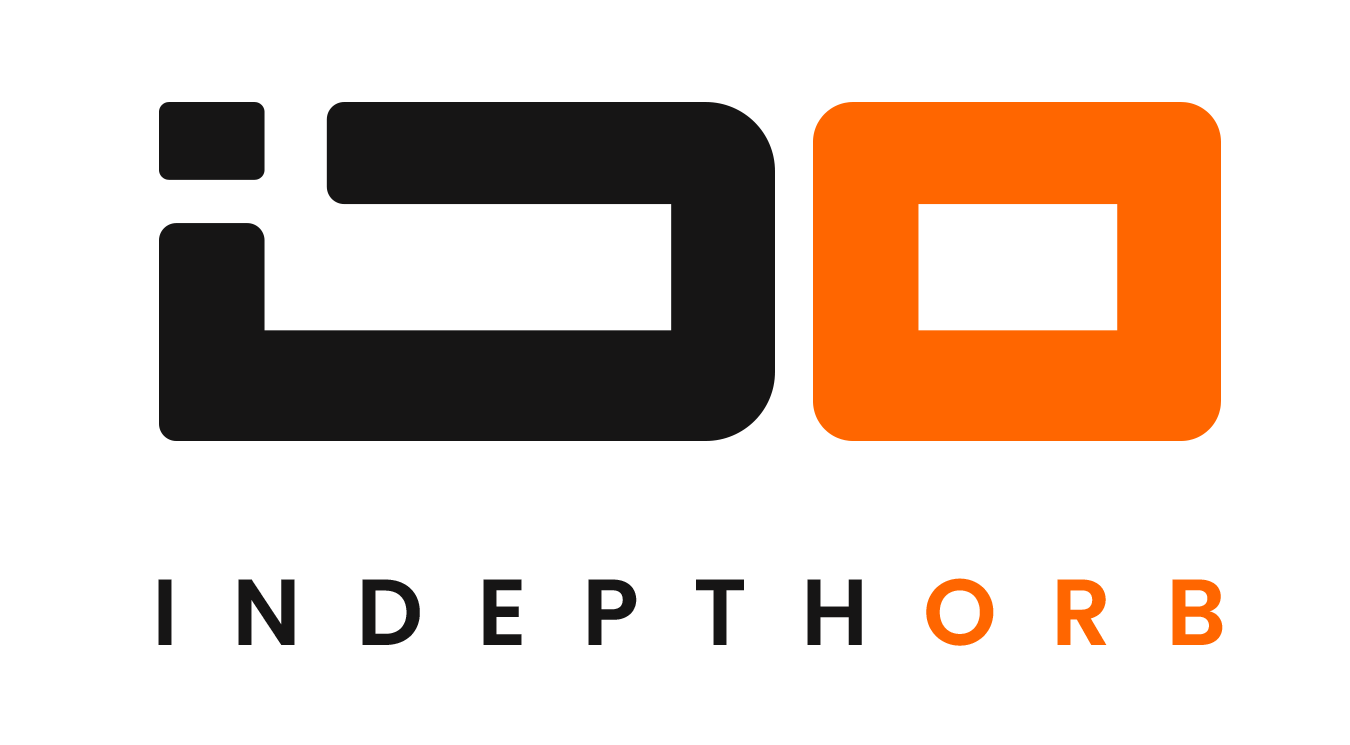In an era where technological breakthroughs are rapidly reshaping industries, few innovations stand out as profoundly as blockchain technology, Web3, and artificial intelligence (AI). These three pillars of the digital economy are not just making waves globally, but their potential to transform nations like Nigeria is increasingly becoming clear.
Mr. Chuta’s recent insights into this convergence illuminate a path for Nigeria to harness these technologies for sustainable development, positioning the country as a leader in the global digital landscape.
Understanding the Power of Blockchain, Web3, and AI
Blockchain, often touted as the backbone of Web3, brings decentralization and transparency to the forefront. It removes the need for intermediaries, allowing for more secure, trustless transactions. In tandem, Web3 represents the next phase of the internet, shifting away from centralized platforms and giving users control over their data, identity, and interactions.
AI, meanwhile, operates as the cognitive engine of this transformation, allowing for the automation of processes, smarter decision-making, and enhanced user experiences. When combined, blockchain, Web3, and AI create a synergistic environment where innovation thrives, and value creation can be distributed equitably across society.
Nigeria: The Perfect Storm for Technological Disruption
Nigeria’s unique socioeconomic challenges also present unparalleled opportunities. With a youthful population, growing internet penetration, and a dynamic entrepreneurial spirit, the country is ripe for technological disruption. Blockchain offers a solution to many of Nigeria’s longstanding issues, from financial inclusion to transparency in governance.
Through decentralised finance (DeFi), Nigeria can leapfrog traditional financial systems, providing unbanked populations with access to essential financial services. Web3 introduces a new internet economy where Nigerian innovators can build platforms that challenge global tech giants, all while keeping control in the hands of the people.
AI enhances these efforts by providing intelligent systems capable of analysing vast amounts of data and making recommendations that can drive real-world changes. Imagine the ability to predict agricultural trends, manage urban planning more efficiently, or even optimise healthcare systems—all through AI-backed solutions that work seamlessly with blockchain and Web3.
The Nigerian Government’s Role in the Technological Shift
Governments play a pivotal role in creating an enabling environment for technological growth. Mr. Chuta’s article rightly points out that Nigeria’s policymakers must embrace these technologies by fostering a regulatory landscape that supports innovation while maintaining safeguards for consumers.
The Nigerian government can also take a proactive stance in integrating blockchain into public systems, from land registries to identity management. Doing so would not only improve transparency but also enhance the efficiency of these systems, fostering trust between the public and the state.
Challenges Along the Path to Adoption
While the potential of blockchain, Web3, and AI is immense, several challenges must be addressed. For one, education is paramount. Nigeria needs a robust strategy to educate its citizens—particularly the younger generation—about these technologies. This goes beyond simply understanding how to use them; it involves fostering a culture of innovation where Nigerians see themselves as creators of technology, not just consumers.
Furthermore, there’s a need for infrastructure development. Without reliable internet access, much of this digital revolution will remain out of reach for many Nigerians. Bridging this digital divide should be a priority for both public and private stakeholders.
A Bright Future for Nigeria
As Mr. Chuta eloquently argues, the convergence of blockchain, Web3, and AI is not just a theoretical possibility but an imminent reality. For Nigeria, embracing this convergence could mark the beginning of a new era—one where the country positions itself as a digital leader in Africa and beyond.
By fostering innovation, embracing decentralization, and investing in education, Nigeria has the potential to leverage these technologies for economic growth, improved governance, and enhanced quality of life for all its citizens.
Who is Mr. Chuta
Founder Blockchain Nigeria User Group (BNUG). BOT Board Chairman, Blockchain Experts Association of Nigeria (BEAN), Vice Chairman Blockchain Industry Coordinating Committee of Nigeria (BICCON), CEO, BlockSpace Technologies Innovation Hub, Chairman, Nigeria National Blockchain Policy Implementation Steering Committee (NBP-SC).
Like this:
Like Loading...
Related



0 Comments